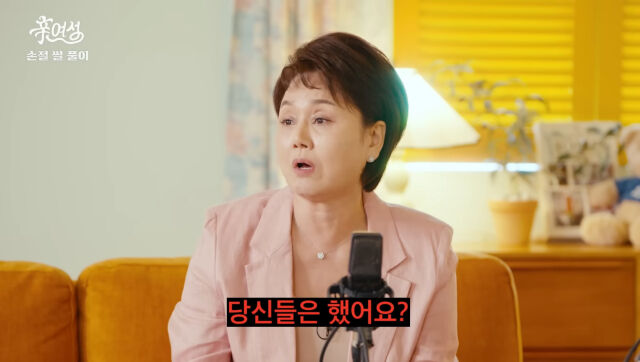
Celebrity donations, once viewed as gestures of goodwill, are increasingly met with skepticism as the public turns them into a measure of wealth and sincerity. While some applaud such acts as positive influence, others deride them as insufficient, asking if that is all the donor could spare.
This fixation on monetary value has eroded the genuine spirit of giving. Many public figures disclose their donations not for attention but to use their platform to encourage a culture of generosity. IU, for example, has consistently supported diverse causes to the point where her charitable choices are said to mirror each year’s major social concerns, inspiring others to follow suit.
Yet, not all gestures are met with approval. Actor Lee Si Eon faced harsh criticism after donating 1 million KRW (750 USD) during the COVID-19 crisis, with detractors labeling it too small. Now, when disasters or emergencies occur, online lists quickly emerge comparing who donated and how much, reducing philanthropy to a leaderboard of public expectation.
This growing comparison culture, fueled by media and social platforms, assumes all celebrities are wealthy and turns genuine acts of kindness into a numbers game—where compassion is judged by the size of a check rather than the heart behind it.

Comedian Lee Kyung Sil weighed in on the growing criticism surrounding celebrity donations, emphasizing that generosity should not be measured by scale. She pointedly remarked that not every public figure is obligated to give large sums and questioned critics by asking whether they themselves have ever donated.
The belief that celebrities must contribute more simply because they earn more, combined with the public’s tendency to compare donation amounts, distorts the true meaning of philanthropy. Giving, Lee stressed, should be a personal decision guided by one’s own values and circumstances rather than societal pressure.
Ultimately, the worth of a donation lies not in its monetary size but in the sincerity behind it, and acts of kindness should be treated as individual choices deserving of respect—not as performances for public judgment.










